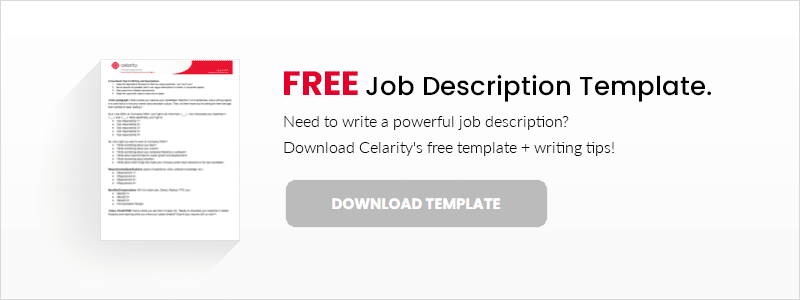Video editors spend their days working on a wide variety of projects, including films, movies, documentaries, TV shows, and web-based programs. They provide back-end work on commercials, corporate videos, and tell stories through the videos they create and edit. For example, a storm restoration recovery was seeking a video editor to help edit video created for commercials/advertisements that helps the company promote its services and capabilities.
A Video Editor may work at a corporation, such as at a Fortune 500 company, shooting corporate programming to be uploaded to the company career section, or YouTube page. Video editors spend their days working on videos of all kinds that capture a viewer’s attention, keep them engaged, and deliver the message.
What does a Video Editor do, typically?
Tell a story through video
As pointed out by Media Bistro, a video editor uses footage, sound and graphics to tell a story. A typical day in the life may include creating treatments and storyboards; developing scripts; producing and editing videos and photos for multiple platforms, from short-form daily content for social media platforms to long-form series; and sourcing and/or creating and adding graphics, animations, special effects, music, sound effects, and sound bites.
Provide editorial leadership and guidance
As Video Editors progress in their careers, they may spend days not only recording or editing video, they will also provide leadership and guidance. They may manage a team of Videographers, Video Editors, and Motion Graphic Artists, for example. They may work with the client to brainstorm or “sell” ideas or they may work with stakeholders to develop the company brand or messaging. Sometimes, they’re also involved with creating lighting and sound and ensure people are in place before shooting the video.
Post-production
Video Editors often make the most impact as the key part of a post-production team to edit video, add extra effects, and/or prepare video for final production. Video editors use a wide variety of software to record, edit, upload, and prepare video for “go-live” including Final Cut Pro, Adobe Premiere, After Effects, and Photoshop. They also work with the digital team to edit film and turn it into short clips or digital snippets. Today’s video editor can create several different forms of media from one single video shoot.
Video Editor versus a Videographer
A videographer films sporting events, weddings, special events, or corporate training videos, for example. A video editor, however, does all the behind the scenes work to prepare the final video to launch. They edit the wedding, training video, or sporting event, adjust sound or color, add after effects such as graphics, cut segments, and prepare footage to go live. This is also called post-production.

